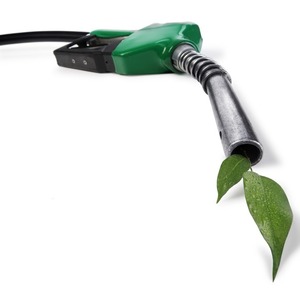E10 now available in the UK

September 1, 2021
BY Erin Voegele
The U.K. officially adopted an E10 blend as the standard grade of gasoline on Sept. 1, a change that the U.K. Department for Transport said could cut carbon dioxide emissions by up to 750,000 metric tons per year.
In addition to reducing greenhouse gas (GHG) emissions, the U.K. government said the E10 rollout will support increased production at the country’s two ethanol plants. Plant operations are expected to directly support approximately 200 jobs while also supporting thousands of additional jobs in the agriculture sector.
Advertisement
“Every journey matters as we drive forward the green industrial revolution, which is why the rollout of E10 is so important. It’ll help us cut road greenhouse gas emissions and meet our ambitious net zero targets,” said U.K. Transport Secretary Grant Shapps.
“Although more and more drivers are switching to electric, there are steps we can take today to reduce emissions from the millions of vehicles already on our roads – the small switch to E10 petrol will reduce greenhouse gas emissions as we accelerate towards a greener transport future.”
Advertisement
The move from an E5 to E10 standard of gasoline has been ongoing for several years. The U.K. government in May 2021 announced plans to move forward with the proposed change.
Related Stories
The Singapore Airlines Group has signed agreements with Neste and World Energy to acquire sustainable aviation fuel (SAF) and SAF certificates, respectively. The purchases include 1,000 metric tons of neat SAF from Neste.
Biomass Magazine has announced the dates for the 19th annual International Biomass Conference & Expo. The event is scheduled to be held March 31-April 2, 2026, in Nashville, Tennessee, at the Gaylord Opryland Resort & Convention Center.
Industry experts weigh in on the status of Canada’s renewable fuels industry and the impact of government policy and regulation.
Iowa state lawmakers in May approved tax legislation that, in part, aims to create a tax credit to incentivize sustainable aviation fuel (SAF) production within the state. The bill is now under consideration by Iowa Gov. Kim Reynolds.
The Congressional Biofuels Caucus on May 22 launched for the 119th Congress. Caucus members recognize that biofuels are key to American energy independence and advocate for policies that support biofuel producers.
Upcoming Events










